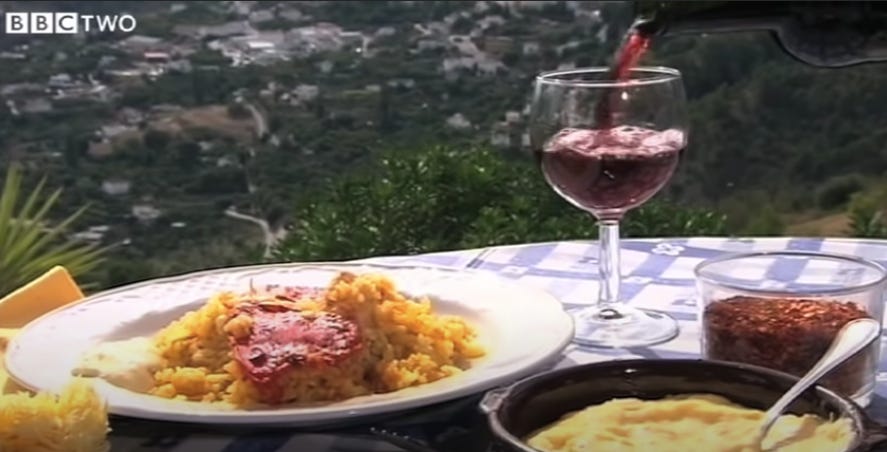This is the third part of Sex and Grief, a series exploring my body in grief. Part 1 is here and Part 2 is here. You don’t need to read them before reading this.
Keep reading with a 7-day free trial
Subscribe to Looking at Porn to keep reading this post and get 7 days of free access to the full post archives.





